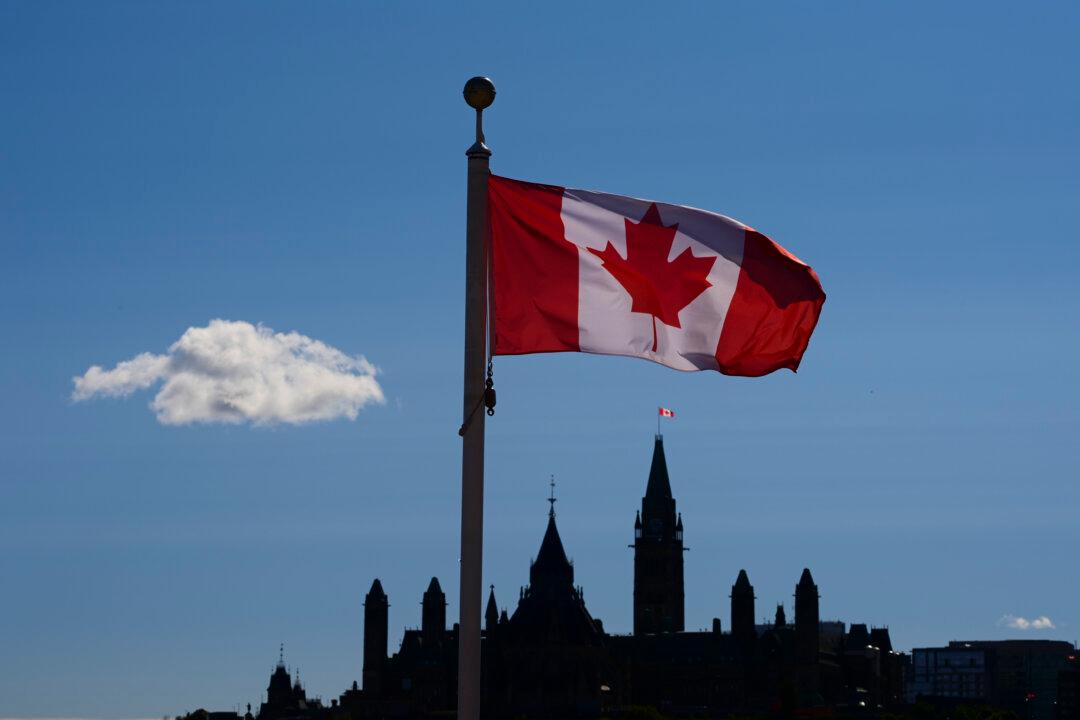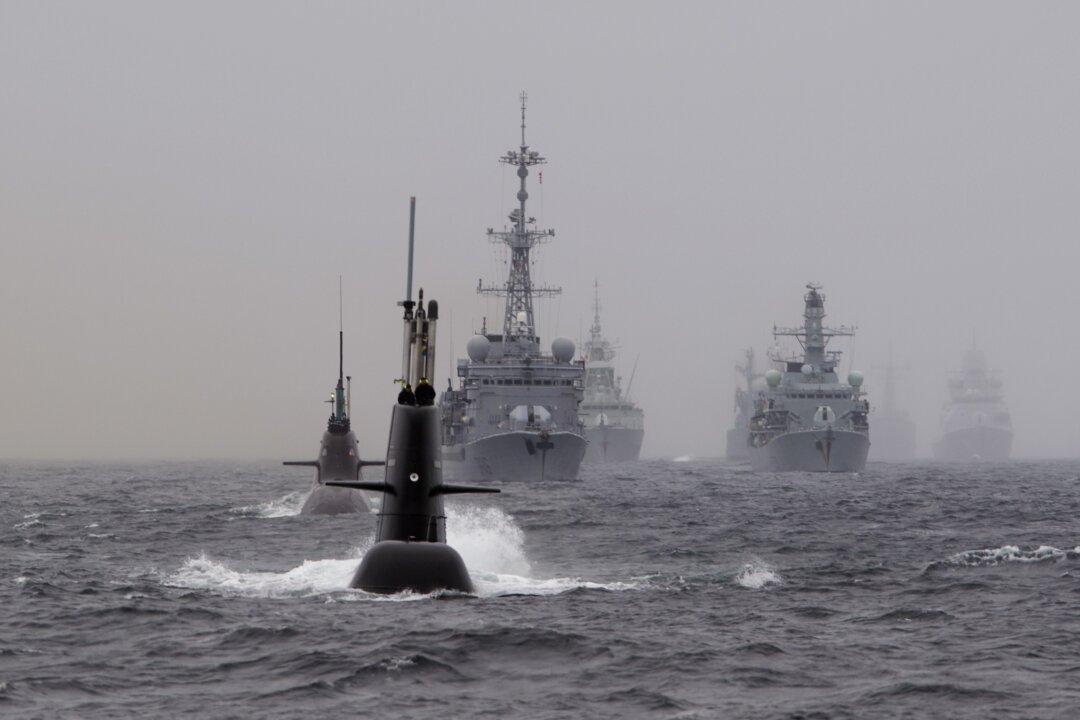Focus
governance
LATEST
Global Security and Democratic Governance Falter as Historic Rivalries Re-emerge
The world is shifting from a brief period of democratization and global economic integration since 1989 toward nationalism and mistrust. Security expert Richard Weitz suggests that evidence of this shift was apparent during the July summit of the North Atlantic Treaty Organization (NATO), the response to Chinese aggression in the South China Sea and the international court’s rejection of China’s claims, and Japan moving toward lifting self-imposed restraints on using force. The increasing tensions Weitz describes interfere with rallying domestic and international opinion to resolve other pressing concerns like the war in Syria. “Although Western economies are generally performing better, their political systems have experienced greater instability and turbulence, with the electorates voting for extremist parties, perhaps as a reaction against the perceived negative effects of globalization such as immigration and job instability,” he writes. Russia and China take actions that drive wedges in the countries of the West, ironically because the allies are so close. The allies would be wise to collect themselves, overcome petty national differences, and rely on openness and democracy to forge a new history around more lofty common goals.
|
Global Security and Democratic Governance Falter as Historic Rivalries Re-emerge
The world is shifting from a brief period of democratization and global economic integration since 1989 toward nationalism and mistrust. Security expert Richard Weitz suggests that evidence of this shift was apparent during the July summit of the North Atlantic Treaty Organization (NATO), the response to Chinese aggression in the South China Sea and the international court’s rejection of China’s claims, and Japan moving toward lifting self-imposed restraints on using force. The increasing tensions Weitz describes interfere with rallying domestic and international opinion to resolve other pressing concerns like the war in Syria. “Although Western economies are generally performing better, their political systems have experienced greater instability and turbulence, with the electorates voting for extremist parties, perhaps as a reaction against the perceived negative effects of globalization such as immigration and job instability,” he writes. Russia and China take actions that drive wedges in the countries of the West, ironically because the allies are so close. The allies would be wise to collect themselves, overcome petty national differences, and rely on openness and democracy to forge a new history around more lofty common goals.
|






